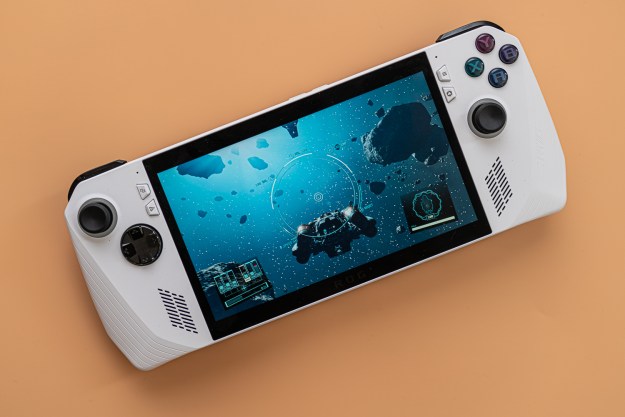
In a press release from the Court of Justice of the European Union (PDF via Ars Technica), it was reported that Vincent Deroo-Blanquart purchased a Sony laptop in 2008 with Windows Vista Home Premium. After booting it up and refusing to agree to Microsoft’s end-user license agreement, he decided to request that Sony reimburse him for the operating system aspect of the laptop’s cost. Naturally, Sony refused, but the firm did offer to cancel the laptop sale and reimburse the full cost once the company received the laptop. Deroo-Blanquart declined the offer and sued Sony instead.
Deroo-Blanquart’s claim was that Sony’s actions in pre-installing an operating system fell under “unfair commercial practices,” and asked for roughly $505 for the software reimbursement and $2,809 in damages. That lawsuit raised the question of whether it’s unfair to offer a device with a specific pre-loaded operating system without offering the same device void of any platform whatsoever. That also brought up the question about the failure to indicate how much each pre-installed program costs in the device’s marketing.
However, the Court of Justice determined that selling a device with pre-installed software does not fall under the unfair commercial practice umbrella. Via Directive 2005/29, the offer resides within the requirements of “professional diligence” and doesn’t “distort the behavior of consumers.” Ultimately, Sony is just fine selling devices with pre-installed operating systems to the general public, who mostly expect their purchased devices to work right out of the box anyway.
However, one thing the court pointed out was that Deroo-Blanquart clearly knew that he was getting a copy of Windows Vista Home Premium when he purchased the Sony laptop. But the court also pointed out that his ability to make an “informed transaction” was impaired because there wasn’t enough information for the customer to choose the same model without the pre-installed software, or to find a similar laptop from another brand without pre-installed software.
As for not listing the price of each piece of installed software, the court decided that the lack of information does not prevent customers from making an informed transactional decision about purchasing a device. As a result, Sony was not in the wrong for selling a laptop for a single price without listing all the prices of all the pre-installed software, including the operating system.
Right now this is a preliminary ruling by the Court of Justice as requested by the French “Cour de cassation” court. It will be the national court that makes the decision in the case of Deroo-Blanquart versus Sony. There’s no indication of when that will take place, but we’ll see how this case affects pre-installed software outside the provided operating system.


